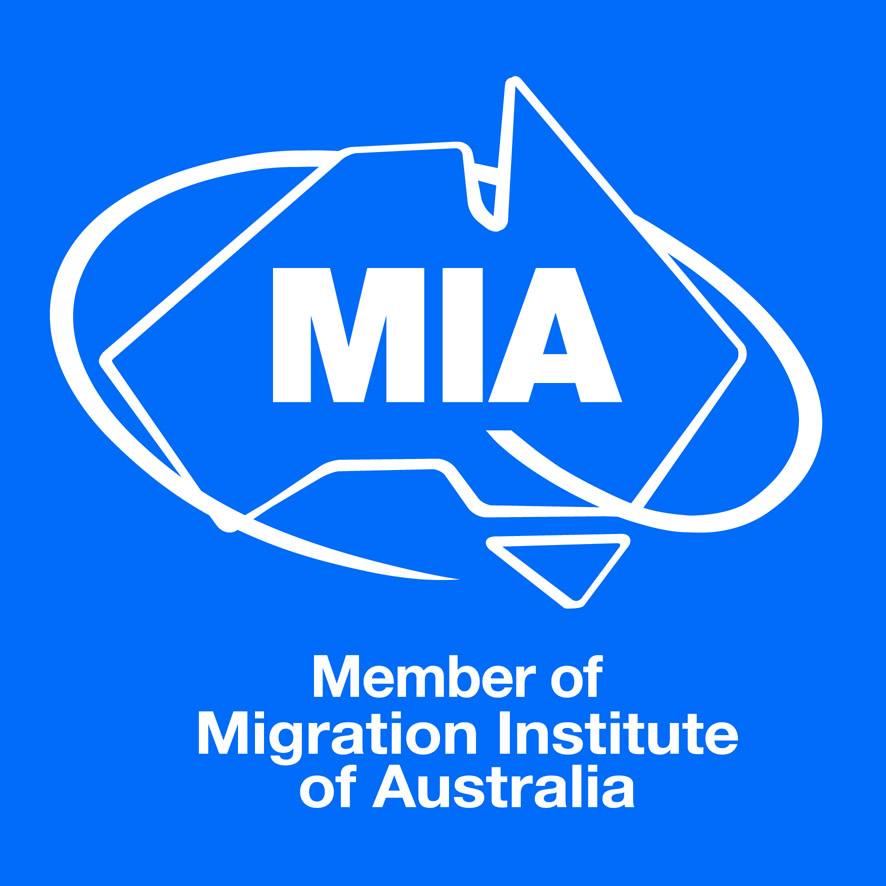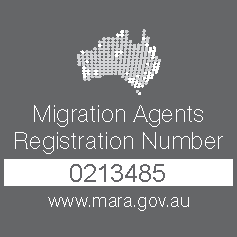If there’s one political issue that just won’t go away, it’s the arrival of asylum seekers breaching Australian borders illegally.
In mid-February, 39 asylum seekers arrived in Western Australia by boat. While these recent arrivals have since been transported to Australia’s detention centre in Nauru, the politicians are still battling it out.
The arrival of boats carrying illegal immigrants is an on-going issue that has been present for years. In 2013, under the leadership of Tony Abbott, the Liberal-National party introduced Operation Sovereign Borders.
While Operation Sovereign Borders didn’t come into effect until 2013, the Coalition Government’s hard-line stance when it comes to boats entering Australia illegally began way back in 2001. The prime minister at the time, John Howard refused to let the MV Tampa which was carrying 433 refugees who had been rescued from a leaky fishing boat enter Australia. In his speech at the time, John Howard said, ‘We will decide who comes to this country and the circumstances in which they come.’ A quote that Tony Abbot cited when he announced the Liberal party’s stance on asylum seekers in the lead up to the 2013 election.
What is Operation Sovereign Borders?
Operation Sovereign Borders is a military-led border security operation implemented to ‘stop the boats’. It was established to protect Australia’s borders, stop people smuggling and prevent people from risking their lives at sea. While the initiative is largely associated with the Coalition Government, it has been upheld by the Albanese Government.
Those suspected of arriving in Australia by boat illegally, are either intercepted and turned back or placed in an offshore detention facility in Nauru. Papua New Guinea’s Manus Island also served as an offshore processing centre until the country’s Supreme Court unanimously held the detention of asylum seekers as unconstitutional and illegal. This 2016 decision led to the eventual closure of the Manus Island detention centre.
Why is this such a contentious issue?
There are so many facets to this issue which has been a political hot potato for over two decades.
The main issue and a big reason behind the introduction of Operation Sovereign Borders is border security. However, that in itself isn’t black and white and has raised other concerns in relation to immigration.
Border Force are getting tougher across a range of measures. That’s great for Australia’s border security but it leaves little doubt that these tougher measures will be felt across the board. It raises the question of what effect these measures will have on immigration as a whole. The recent release of Australia’s Migration Strategy has seen changes to the system that places a great emphasis on integrity. Will tougher border force measures impact this, resulting in an even greater crack down on Australia’s Migration program?
Interestingly, both political parties support Operation Sovereign Borders yet they have still managed to find reasons to argue over it. The Albanese Government supports the program, yet opposition leader Peter Dutton has accused the Labor Government of underfunding it, thus resulting in boats getting through. The Minister for Home Affairs, Clare O’Neil has denied this, stating that more money than ever has been allocated to Operation Sovereign Borders.
From the outside looking in, it seems strange that two people, regardless of their political background would argue over an issue they both agree on. But, if we take a look at the bigger picture, some things start to make sense.
Australia is heading into a federal election year. What better way to disparage your opponent than by pointing out their shortfalls. Peter Dutton when weighing in on this issue has bought up underfunding of Operation Sovereign Borders, the abolition of Temporary Protection Visas by the Albanese Government and Labor’s response to the High Court ruling which saw 149 immigration detainees with criminal history released into the community. These are all important issues that the Australian public don’t take lightly and could potentially sway votes. The issue of who to trust with Australia’s borders is what won the Coalition Government the federal election in 2013. It’s possible that Peter Dutton is hoping that shining a light on what he feels is Labor’s inadequacies in protecting Australia’s borders might actually win him the election.
While there’s no doubt that the security of Australia’s borders is at the forefront of the politicians’ minds, the political ammunition that this issue provides can’t be dismissed.
If you would like to learn more about migration, contact the experienced team of registered migration agents at Visa Solutions Australia. Book a consultation.







